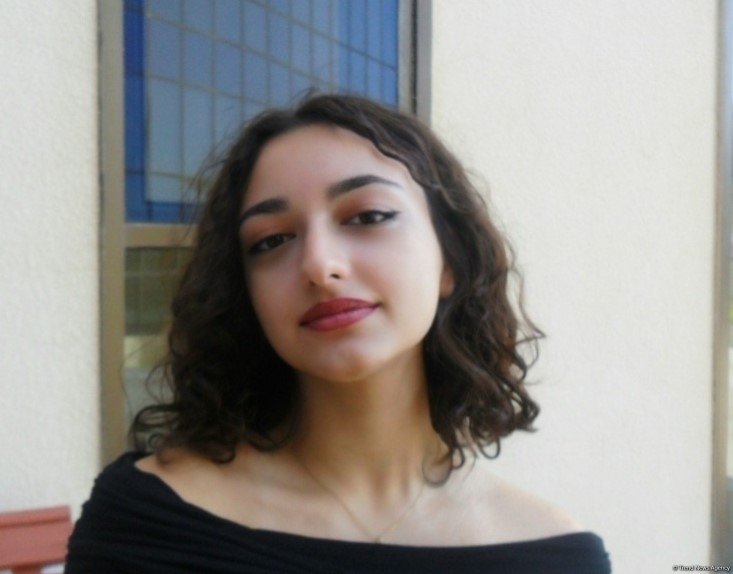BAKU, Azerbaijan, October 17. The parliamentary elections in Georgia are vital for maintaining peace and unity in the country amidst a polarized political landscape, member of the "Georgian Dream" party Irakli Kadagishvili told Trend.
"While the pre-election environment is peaceful, the political situation remains deeply split, with certain opposition factions taking radical stances, causing tension. The people's first goal right now is to keep Georgia peaceful. The opposition presents the situation as a choice between pro-European and pro-Russian approaches, which is completely deceptive. Georgia will not alter its political direction. The government wants to avoid outsider meddling in its domestic issues and avoid getting into a fight with Russia. The people realize that the primary choice today is to support peace in this complex geopolitical situation," he said.
The MP also shone a light on the meddling of foreign powers and international bodies in Georgia's electoral affairs.
"Both state sovereignty and diplomatic decorum are compromised by this. It is unacceptable that foreign representatives or international organizations constantly make statements about Georgia and meddle in the democratic election process. Regretfully, they permit themselves to act in this way. They feel forced to run their own election campaigns because they understand that the opposition in Georgia is not strong enough to win elections on its own. But this just makes things angrier since we don't want to give up our independence and identity in order to join the European Union. We want to make decisions about our internal affairs, including who leads Georgia; the people should decide this on their own, without interference from outside sources," Kadagishvili stated.
He pointed out that Georgia is a highly ranked candidate for EU membership and compares favorably to numerous established EU member states, as determined by international evaluations that evaluate human rights, democracy, judicial functioning, governance transparency, and low corruption levels. This suggests that Georgia is in close proximity to European standards as a result of its reforms and development.
He added that in given the current volatile geopolitical atmosphere, the Georgian administration is attempting to avoid measures that could aggravate confrontations with Russia or establish a second front. This has aroused worries among many foreign stakeholders, who are pressing Georgia to take actions to counter Russia.
"Such developments could have serious consequences for the country, which is why the current leadership is resolutely avoiding such steps," Kadagishvili noted.
He further asserted that the Georgian public recognizes that Western pressure seeks to promote particular agendas. Nonetheless, the cancellation of the visa-free regime with the EU presents significant challenges, given that Georgia has reached substantial milestones, positioning itself as a leader not only within the region but also among numerous EU countries. He indicated that this situation mirrors election strategies, and external pressures are expected to diminish following the elections.
"I am confident that the elections will take place smoothly, given that Georgia's electoral legislation is notably advanced. The voting process is carried out through an electronic system, significantly reducing the likelihood of counting errors. Results will be made available to the public within thirty minutes to one hour after the polls close," he explained.
Kadagishvili is of the opinion that a win for the ruling Georgian Dream Party would not only put the pedal to the metal on ongoing regional projects but also pave the way for fresh initiatives to take flight.
"These include the building of a significant deep-water port on the Black Sea coast, railway links linking Azerbaijan, Türkiye, and Europe, and pipelines that connect Azerbaijan to Europe via Georgia. By acting as a major transit center for bulk and container freight, this port will create new avenues for Chinese and Central Asian commodities to reach the European market," he added.
He drove home the point about the rising significance of the Middle Corridor in these trying times, mentioning that the North-South Corridor through Russia and China is currently off the beaten path. The waters in the Persian Gulf have become murky, owing to the rising tensions in the Israeli-Arab conflict and Iran throwing its hat into the ring. As a result, goods are now taking the long way around Africa, which is really cranking up the demand for the Middle Corridor. This change paves the way for fresh avenues in transport logistics and sets the stage for wider economic growth.







